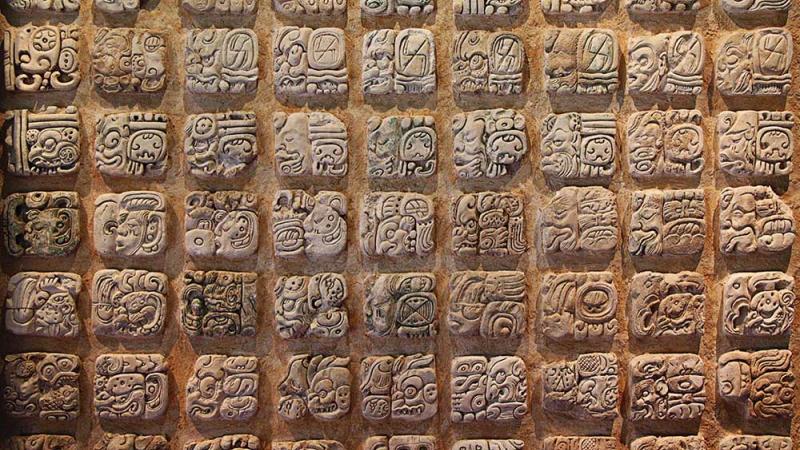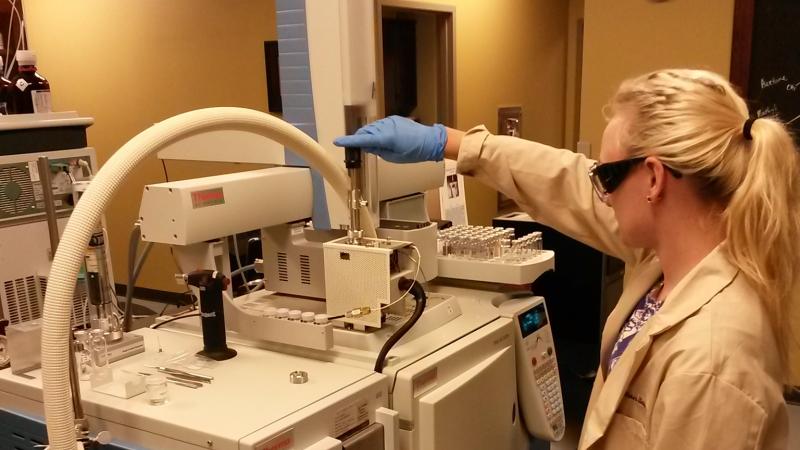Research and Development
Division of Preservation and Access
Grant Snapshot
Maximum award amount
Tier II provides awards up to $350,000
Funding Opportunity for
Period of performance
Application available
Optional draft due
Deadline
Expected notification date
Project start date
The Research and Development program supports projects that address major challenges in preserving or providing access to humanities collections and resources. These challenges include the need to find better ways to preserve materials of critical importance to the nation’s cultural heritage—from fragile artifacts and manuscripts to analog recordings and digital assets subject to technological obsolescence—and to develop advanced modes of organizing, searching, discovering, and using such materials.
This program supports projects at all stages of development, from early planning and stand-alone studies to advanced implementation. Research and Development projects contribute to the evolving and expanding body of knowledge for heritage practitioners, and for that reason, outcomes may take many forms. Projects may produce any combination of laboratory datasets, guidelines for standards, open access software tools, workflow and equipment specifications, widely used metadata schema, or other products.
Research and Development supports work on the entire range of humanities collection types including, but not limited to, moving image and sound recordings, archaeological artifacts, born digital and time-based media, rare books and manuscripts, archival records, material culture, and art.
Research and Development projects are encouraged to address one or more of the following areas of special interest:
- Furthering theory and practice in core heritage collections work
- Preserving audiovisual and digital heritage
- Applying artificial intelligence to collections-based activities
- Conserving the material past
- Protecting cultural heritage
- Stewarding collections by and with underrepresented communities
- Responding to the impact of climate change
Note about Humanities Perspectives on Artificial Intelligence
This grant program is one of ten NEH programs that are part of NEH’s Humanities Perspectives on Artificial Intelligence initiative, which is encouraging research on the ethical, legal, and societal implications of AI. To learn more about the initiative, please see our page about the AI initiative.
What’s new for 2023-2024:
- The maximum funding amount for Tier I projects has been raised to $100,000 for a period of performance of up to two years. Tier I projects no longer have a white paper requirement.
- In addition to long-standing areas of interest, two new areas have been highlighted:
- Furthering theory and practice in core heritage collections work such as appraisal, arrangement, description, cataloging, knowledge organization, and digital curation.
- Applying artificial intelligence to collections-based activities by heritage institutions such as libraries, museums, and archives.
- For Tier II proposals the main narrative page limit has been reduced from 15 to 12 pages.
- We encourage projects aligning with NEH’s new special initiative, American Tapestry: Weaving Together Past, Present, and Future. American Tapestry supports projects that address one or more of the following themes: strengthening our democracy, advancing equity for all, and addressing our changing climate. Please note that Research and Development projects that do not address one of these themes are still eligible to apply.
Reminders:
- Applications will be declared ineligible for review if they do not include all required sections and components.
- Applications will be declared ineligible for review if they do not comply with all formatting requirements including page limits and file formats.
The following pre-recorded webinar provides information about the 2024 Research and Development Notice of Funding Opportunity.
Read the Notice of Funding Opportunity to ensure you understand all the expectations and restrictions for projects delivered under this program and are prepared to write the most effective application.
Application Materials
Research and Development Notice of Funding Opportunity, 2024 (PDF)
Research and Development Grants.gov application package
Program Resources
Research and Development Frequently Asked Questions, 2024 (PDF)
List of recently funded awards in this program
Sample Application Narratives
Tier I Project: Georgia Institute of Technology, Archiving Performative Objects
Tier II Project: Dartmouth College, Accessible Civil Rights Heritage Project
Tier II Project: Moving Image Preservation of Puget Sound, Digital Video Commander
Tier II Project: Foundation of the American Institute for Conservation of Historic and Artistic Works, Building a Life Cycle Assessment Tool & Library of Preventive Conservation Methods
Tier II Project: Rochester Institute of Technology, Digital Preservation and Access to Aural Heritage Via A Scalable, Extensible Method
Tier II Project: Alexandria Archive, Data Curation as Scholarship in Archaeology
Tier II Project: New York University, Implementing Traditional Knowledge Labels
Confirm that your SAM registration is current and verify your access to Grants.gov. If you have not already done so, you must create a Login.gov user account to register and log in to SAM and Grants.gov. Login.gov is a secure sign in service used by the public to sign in to participating government agencies. Create and link your account now.
Follow the instructions in the Notice of Funding Opportunity and Grants.gov.
You will receive a confirmation from Grants.gov when you’ve successfully submitted your application. Subsequently, you will receive up to five more notices confirming different stages in the application process. Verify that you have received all confirmations. Note that email filters may send these messages to your spam or junk folder.


